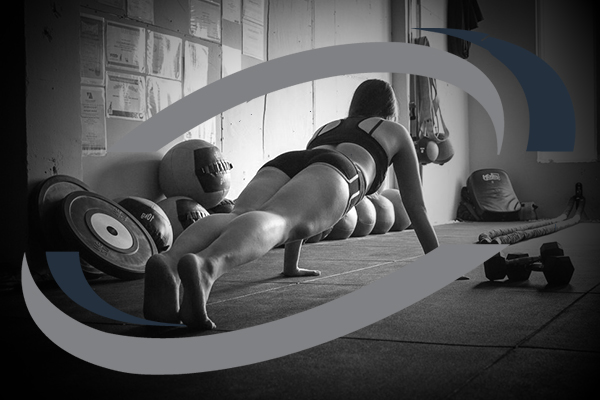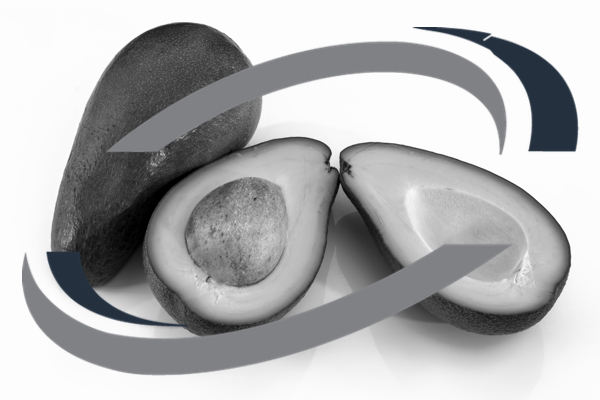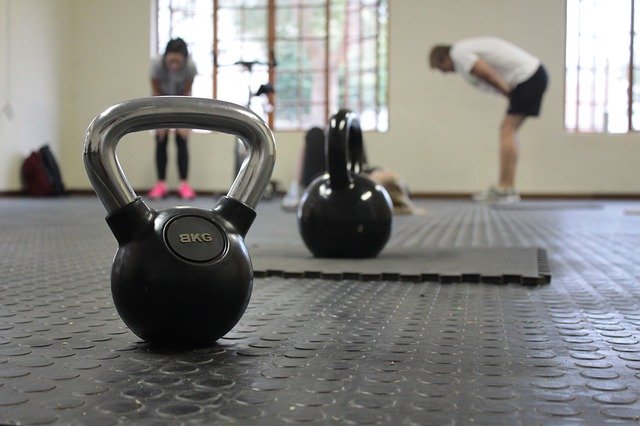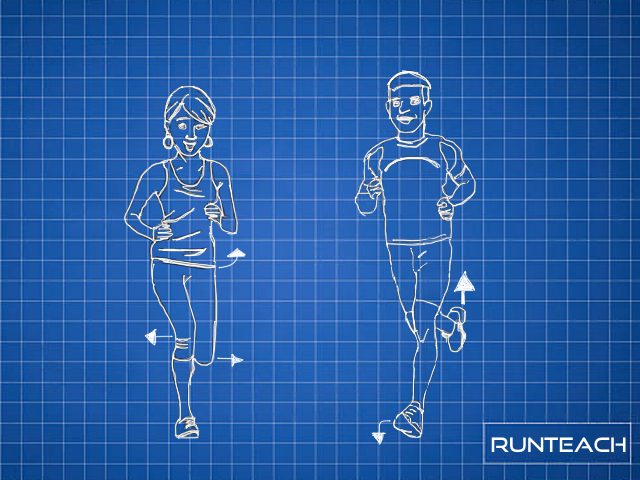Do You Warm Up?
“Of course I do”, “No, but I know I should”, “I do some stretches”, “I don’t really know what I’m doing”, “I’ve never done one and I’ve always been fine”. A selection of answers from runners when I ask them if they do a warm up. How about you, do you do a warm up?
The real question, I guess, is “Should I bother with a warm up at all?”, and the follow up questions are “if yes, why and what should it be?”. These are all excellent questions.
Let’s start by stating that the purpose of a warm up is simple: To prepare you for what’s coming next. To that end, a warm up is most certainly necessary – or is it? Well yes it is, but maybe we need to look at your existing readiness before you go for your run before we start prescribing all manner of drills and stretches.
- Have you spent all day seated without moving much? Are you expecting your body to go through the loading and range of movements that your run demands without any warning or preparation? In this scenario, preparing your mind, body and nervous system for your run is the sensible thing to do to help reduce your injury risk and improve performance.
- However, perhaps you’ve spent the last hour walking your dog and you are now going to go for a 5k or 10k easy run. In this case, you probably don’t need to do much of a warm up if any warm up at all. But if you were going to do a sprint session, you would likely want to do some sprint-specific prep before hoofing it out of the blocks or down the road or trail.
Prepare For What’s About To Come
The point is, you need to look at what you are about to do and the demands the session is about to place on your mind, body and nervous system, and you need to look at your readiness for this to happen. You also need to know your own body and how it reacts to certain running sessions as well as your usual risk of injury – i.e. are you injury prone, often have stiffness and soreness, or are lacking in performance?
Other factors to think about are your running goals. If you are improving your technique and correcting movement and motor control challenges, the warm up is an excellent time to get some specific pre-run drills in. Do you need to work on improving elasticity and/or breathing? Again, the warm up can be used to get some of these exercises in as well.
So back to the original question: “Should I bother to warm up at all?”. The answer, of course, is “it depends”, and you can see from what we’ve already talked about above that in a lot of cases a warm up is an excellent opportunity to get ready for the run you are about to do. UK Athletics / England Athletics use an acronym called RAMP. This stands for:
Raise, Activate, Mobilise, Potentiate
Raise is all about getting your heart rate up to a level where your blood is delivering oxygen and nutrients to your working muscles. Warming your muscles up is also often quoted as part of Raise, but the reality is that it takes considerable time (20 minute tempo run) to actually get muscles such as the quads sufficiently warmed up for optimal elasticity. I tend not to mention the muscle warming element any more as I believe there are far more important aspects such as Activate, as this often also raises heart rate and temperature anyway.
Activate is all about firing up the working muscles. From a neurological perspective, this is waking up the pathways and the brain/muscle connection. It’s about sending messages back and forth, updating both your sensory and movement maps so your brain can accurately predict the necessary movement patterns you need during your session. These messages also help with accuracy and motor control, and in this sense you can reduce your injury risk. Activation can also help improve any underlying sensory and motor mismatches, depending on the activation exercises and drills you do. For me, this is a huge aspect of why we should warm up, in particular for performance related sessions and races.
Mobilise is as it sounds – helping to encourage mobility around a joint and in certain movement patterns. When combined with Activation, it is a great way to enhance fluidity which in turn can help running to feel easier and less like an effort.
Potentiate is an interesting one. This is about finishing your warm up at the level (heart rate, activation and mobilisation) that you intend to start your session at. Clearly this is very different if you are going for an easy 5k run compared to a 60 minute speed endurance or sprint session.
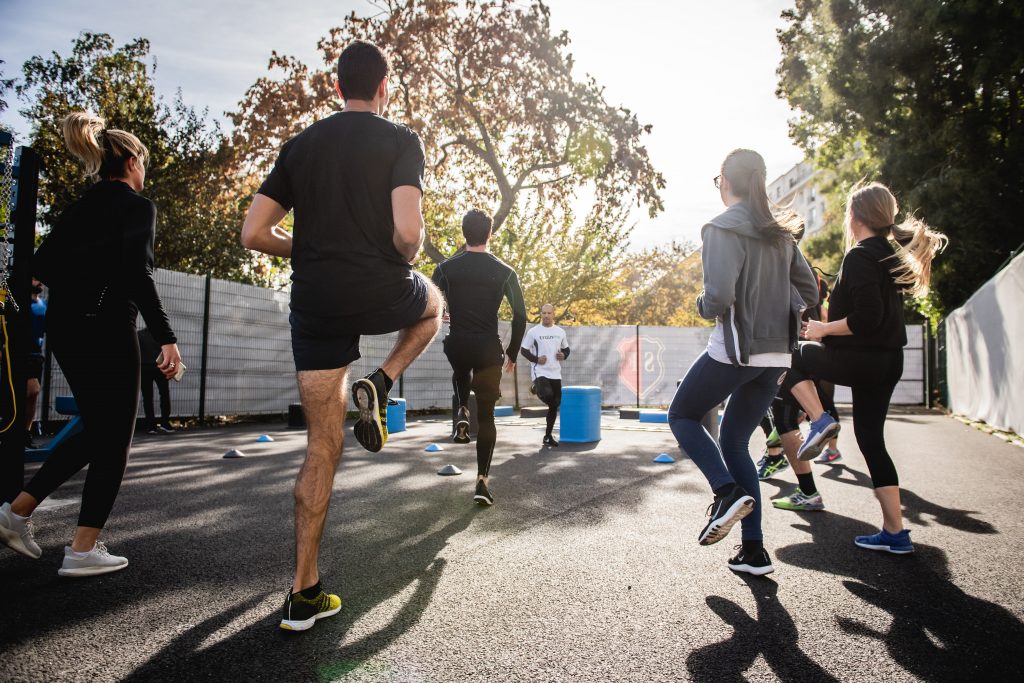
What Should A Warm Up Contain?
So now we’ve answered “Why?” and at least in part, “What should it be?”. As to the actual content of a warm up, well this will differ depending on what the run or session you are about to do is. As a base though, I always do some simple low feet skips with varying arm swings, making sure I place my feet in the way I want to when running. I tend to combine mobility and motor control drills, and add in any particular breathing or technique work that I’m working on at the time. I aim for my warm up to fire the muscles and move the joints in the way I want during my actual run.
If this sounds like it’s too much hard work, I can assure you that it’s not. My typical warm up for a speed session is less than 7 minutes, and only 3 to 5 minutes for other runs. If I consider myself already prepared for my easy run, then I may only do some short breathing or nerve gliding drills that take less than a minute. This is another advantage of doing mobility and activation exercises throughout the day – you are already always preparing yourself to go for a run. I usually do quite a lot of movement control, mobility and fluidity work during the day, so my warm ups can be very specific to my sessions and can be kept short.

What About Stretching?
“But what about stretching?” I hear you ask. Well, that’s another topic all on its own. To read a bit more about stretching and whether I think you should include it in your warm ups and post run routines, read this article here.
So there you have it. Preparation for your runs and sessions is highly recommended, but what form that takes really does depend on your readiness for that session. For most of us, some form of pre-run preparation is needed to make the most out of our running, but it need not be complicated or take a long time.



